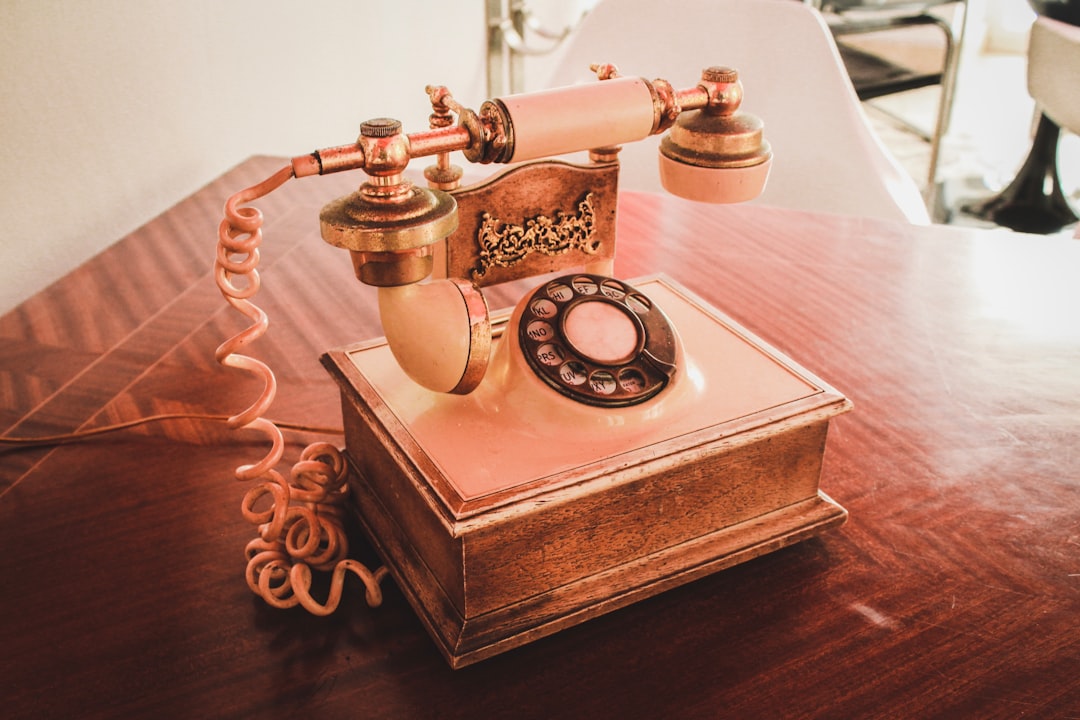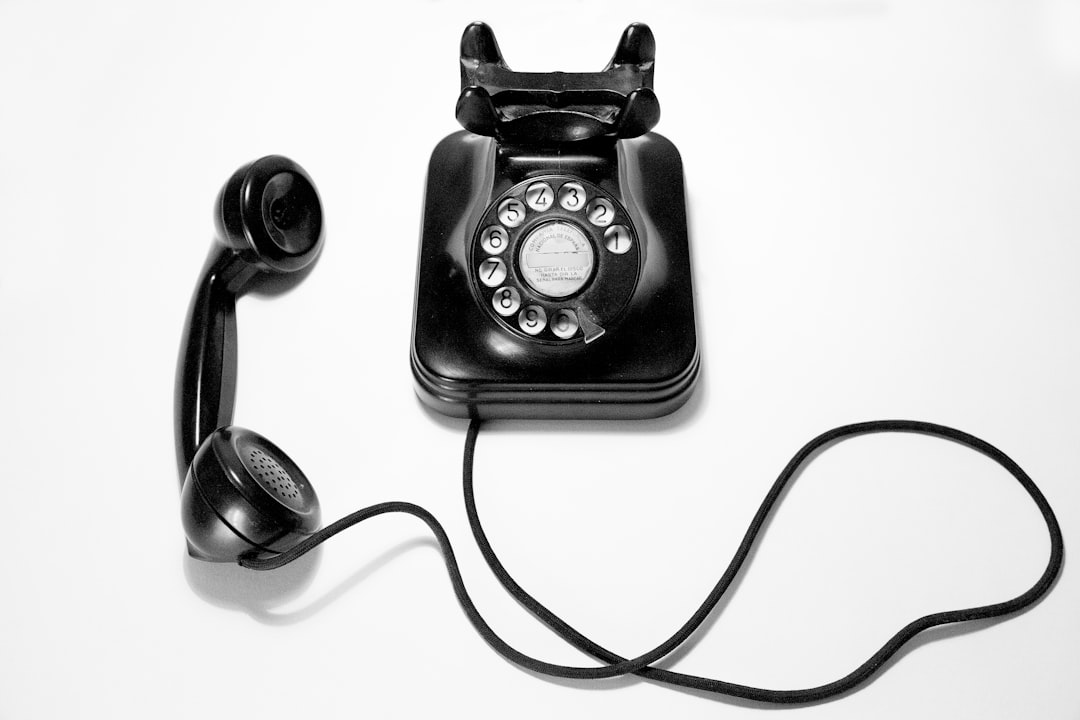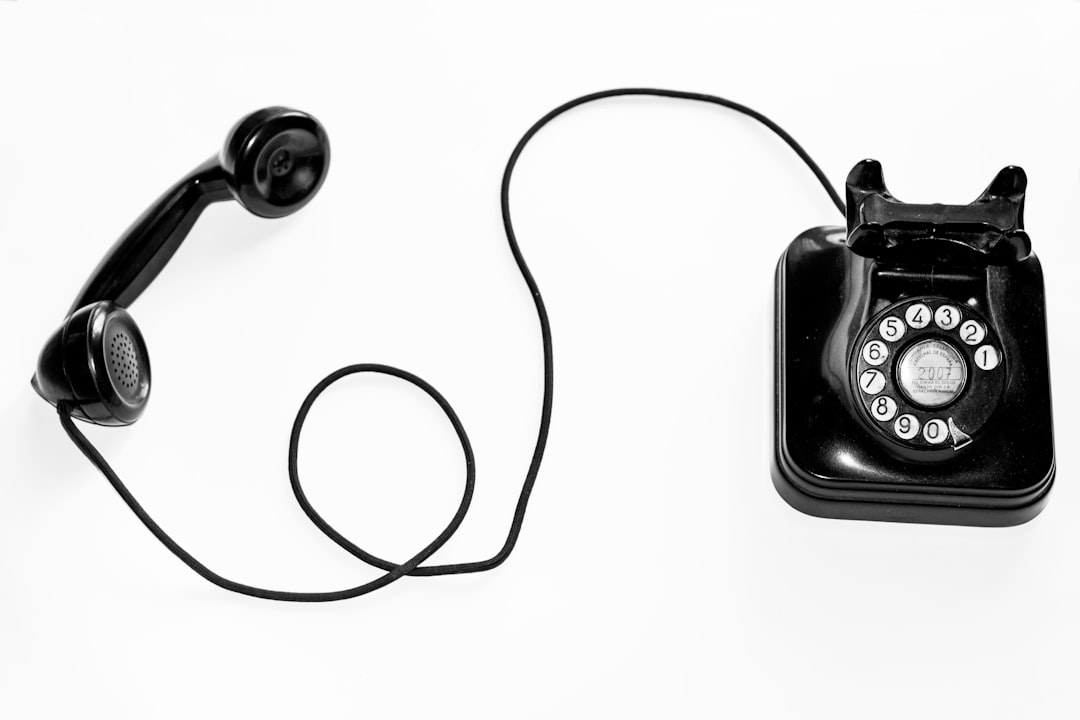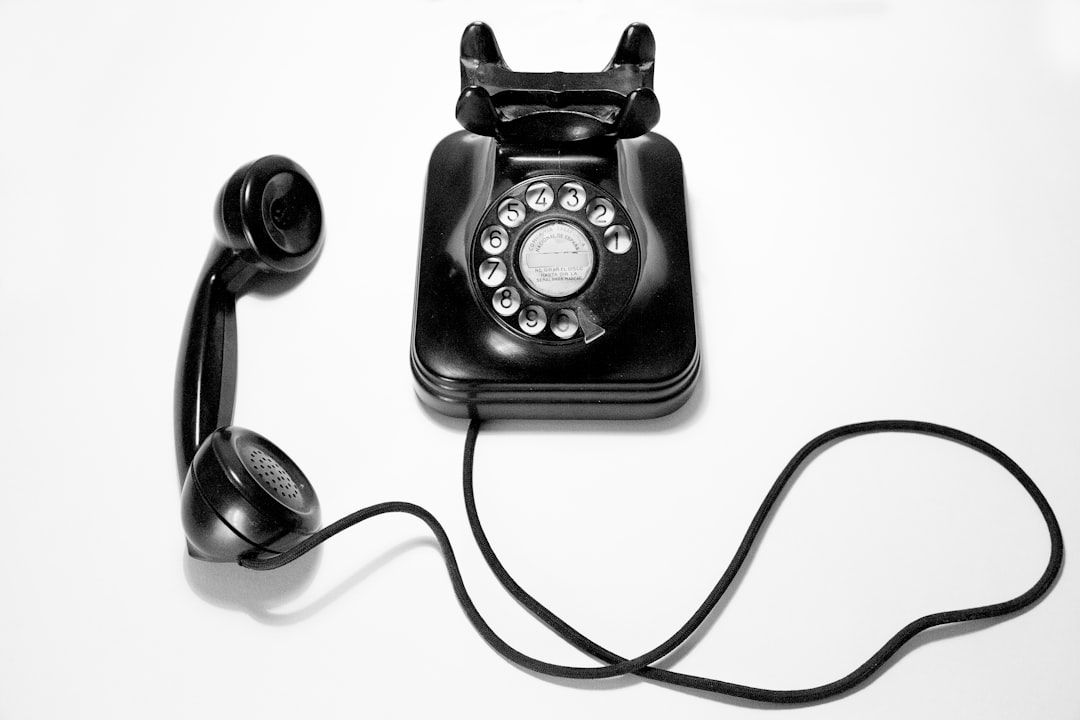Minnesota's Do Not Call regulations protect residents from unwanted telemarketing calls. By registering on the list, individuals prevent direct marketing and can take legal action against violators with help from specialized Do Not Call Lawyers or Attorneys. Unwanted calls despite registration? Document details and consult these professionals for guidance through cease-and-desist letters or legal action, backed by the Minnesota Public Utilities Commission (MPUC). Violating Do Not Call lists is illegal, leading to penalties including substantial fines.
In Minnesota, understanding your rights under the state’s Do Not Call regulations is crucial. These laws protect residents from unwanted telemarketing calls and provide a way to enforce your privacy. If you’re being bothered by persistent calls, knowing your rights as a consumer can empower you to take action. This guide explores what Minnesota’s Do Not Call Regulations entail, who they protect, the types of calls banned, how to enforce your rights, and penalties for violators. Whether you need a do not call lawyer in Minnesota or simply want to understand your protections, this article is your go-to resource.
What Are Minnesota's Do Not Call Regulations?

Minnesota’s Do Not Call Regulations are designed to protect residents from unwanted telemarketing calls and sales pitches. These regulations, enforced by the Minnesota Attorney General, give consumers the power to opt-out of receiving certain types of phone calls. If you’re tired of incessant marketing calls or want to stop your personal information from being sold to third parties, these laws offer a solution.
The Do Not Call list in Minnesota is a registered database that allows individuals to prevent direct marketing calls from businesses and organizations. By registering your number with this list, you signal to telemarketers that you do not consent to receive their calls. This simple step can significantly reduce the volume of unsolicited calls you receive, providing a quieter, more peaceful environment. Remember, having a lawyer specializing in Do Not Call laws, like a do not call lawyer Minnesota or do not call attorney Minnesota, can help ensure your rights are protected and guide you through the process of registering and enforcing these protections.
Who Does the Law Protect?

The Minnesota Do Not Call Law protects residents from unsolicited telephone solicitations, often referred to as telemarketing calls. This law is designed to give individuals control over their phone numbers and reduce unwanted marketing calls. The regulation applies to a wide range of businesses, including sales companies, fundraising organizations, and financial institutions, among others, who make outbound calls for commercial purposes.
The law specifically shields consumers from calls made by or on behalf of businesses that have not obtained prior written consent. This means if you’ve put your phone number on a “Do Not Call” list or haven’t given explicit permission for marketing calls, lawyers specializing in Do Not Call laws in Minnesota can help you take action against persistent violators. Such legal experts can guide residents on their rights and available remedies when faced with unwanted telemarketing.
Types of Calls Banned Under the Regulation

Under Minnesota’s Do Not Call regulations, certain types of calls are explicitly banned to protect residents from unwanted and intrusive marketing efforts. This includes calls made by or on behalf of businesses or organizations for the purpose of selling or promoting their products or services, commonly known as telemarketing calls. The regulation also extends to automated or prerecorded messages, which can be particularly disturbing as they often lack personalized content.
Additionally, the law prohibits calls made to any number registered on the Do Not Call list, whether it’s an individual’s personal phone number or a business’s main line. This means that Minnesota residents who have chosen to opt-out of such calls have the legal right to expect peace and quiet during their specified times, free from the nuisance of telemarketers. For those seeking recourse or assistance regarding violation of these rights, consulting with a do not call lawyer in Minnesota or an experienced attorney specializing in consumer protection law is advisable.
Enforcing Your Rights: What to Do If You're Still Being Called

If despite registering your number on the Do Not Call list, you still receive unwanted calls from telemarketers or sales representatives in Minnesota, it’s crucial to know that you have rights and options. The first step is to document the calls, including dates, times, and the names of the companies or individuals calling. This information can be invaluable if you decide to take legal action.
Next, consider reaching out to a do not call lawyer Minnesota or an attorney specializing in consumer protection laws. They can guide you on how to enforce your rights effectively. This might involve sending a cease and desist letter to the offending party, which can often stop the calls promptly. Alternatively, if repeated violations occur, you may have grounds for legal action, potentially seeking damages or injunctive relief against the do not call law firms Minnesota responsible.
Penalties for Violations: How to Hold Unethical Callers Accountable

In Minnesota, violating do-not-call lists can result in significant penalties for both individuals and businesses. If you’ve received unwanted calls from telemarketers or other entities after registering your number on the state’s do-not-call list, it’s crucial to know that such actions are illegal. A do not call lawyer Minnesota or do not call attorney Minnesota can help you understand your rights and take appropriate legal action. These professionals can guide you through the process of filing a complaint with the Minnesota Public Utilities Commission (MPUC) and seeking compensation for any harassment or inconvenience caused by unethical callers.
Penalties for violations can include substantial fines, with penalties increasing for repeated offenses. The MPUC has the authority to take legal action against violators, ensuring that they adhere to state regulations. By holding unethical callers accountable, residents of Minnesota can enjoy more peaceful and undisturbed phone lines. This also serves as a deterrent to other potential offenders who might consider ignoring do-not-call lists in the future.






